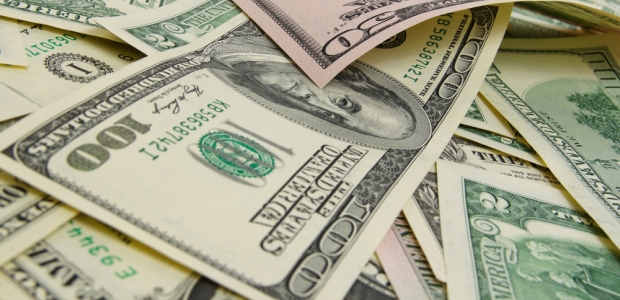
Fourteen States Raising Minimum Wage in January
The minimums in Massachusetts and California will be $10 per hour. Thanks to an executive order, the minimum wage for workers on federal service contracts also is rising in January 2016 to $10.15 per hour.
Minimum-wage workers in 14 states are getting a post-Christmas bonus as their states' minimum wages rise in January. Most of these 14 states, which are listed below, set these higher minimum wages via legislative action or voter referenda, while the other two – Colorado and South Dakota – are seeing theirs rise because of cost-of-living adjustments linked to inflation.
Maryland, Minnesota, and the District of Columbia also are raising their minimum wages in 2016 because of legislative actions, according to a Dec. 29 DOL blog post by Heidi Shierholz, the Department of Labor's chief economist.
The 14 states with higher minimum wages taking effect in January are:
- Alaska, increasing from $8.75 to $9.75
- Arkansas, $7.50 to $8.00
- California, $9.00 to $10.00
- Colorado, $8.23 to $8.31
- Connecticut, $9.15 to $9.60
- Hawaii, $7.75 to $8.50
- Massachusetts, $9.00 to $10.00
- Michigan, $8.15 to $8.50
- Nebraska, $8.00 to $9.00
- New York, $8.75 to $9.00 (as of Dec. 31, 2015, except for fast food workers)
- Rhode Island, $9.00 to $9.60
- South Dakota, $8.50 to $8.55
- Vermont, $9.15 to $9.60
- West Virginia, $8.00 to $8.75 (as of Dec. 31, 2015)
Also worth noting is that the minimum wage for workers on federal service contracts is increasing to $10.15 per hour in January 2016. A 2014 executive order by President Obama raised it to $10.10 and he promised that the wage would be adjusted annually to keep up with inflation. The January 2016 increase "is a small increase because inflation was modest over the last year, but every penny counts for an employee putting in the hard work yet still struggling to get by," Shierholz wrote.
"While we've seen a lot of progress around the county on lifting the wage floor for workers, there's still work that needs to be done. If the federal minimum wage were raised to $12 per hour by 2020, some 35 million workers overall would benefit – nearly 90 percent adults, and more than half working women. More than 2 million people would be lifted out of poverty," she added. "Raising the national minimum wage would be good for families with millions no longer needing food assistance and 23 percent of all children seeing at least one parent getting a raise. And for business owners, a higher minimum wage means reduced turnover costs, higher morale and more productive workers."